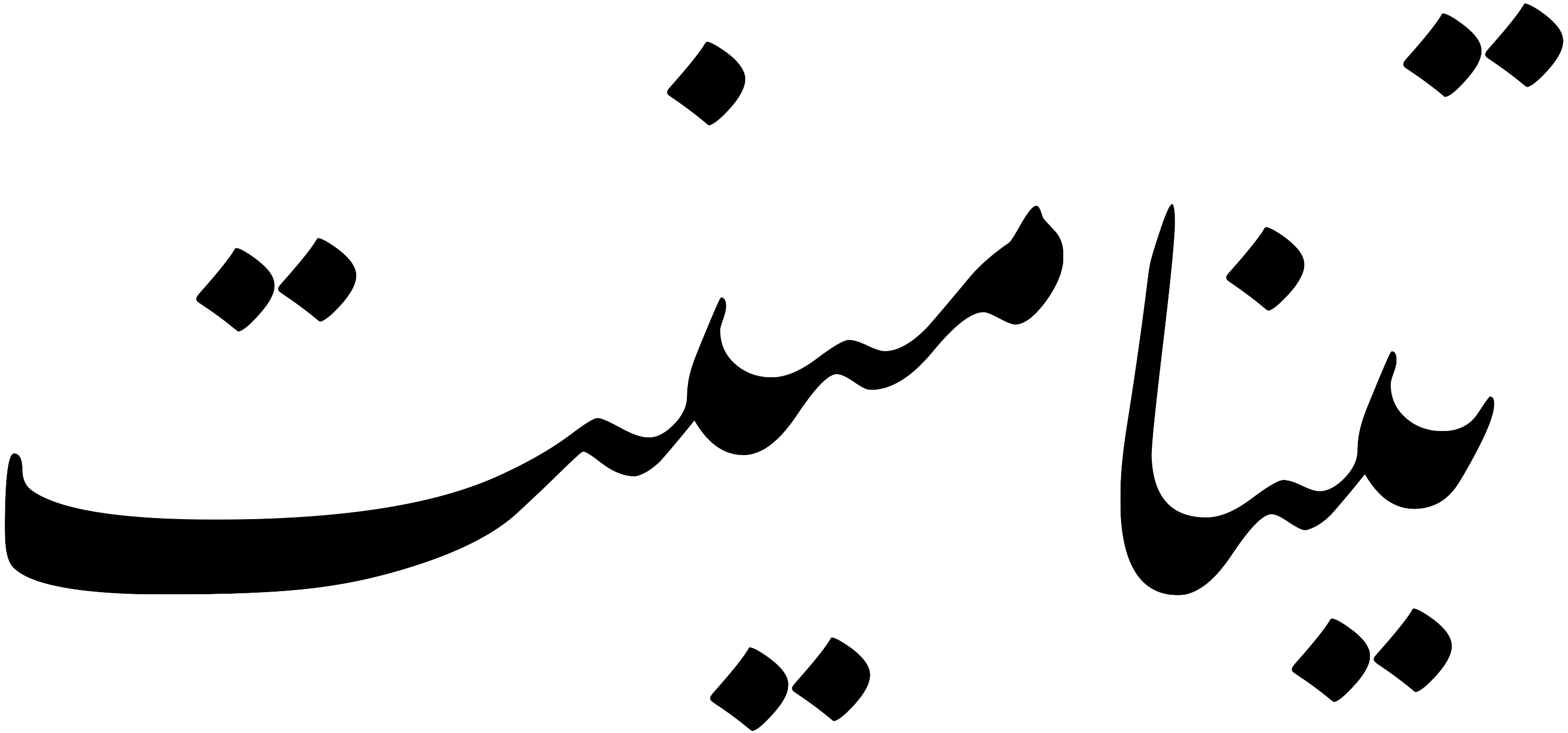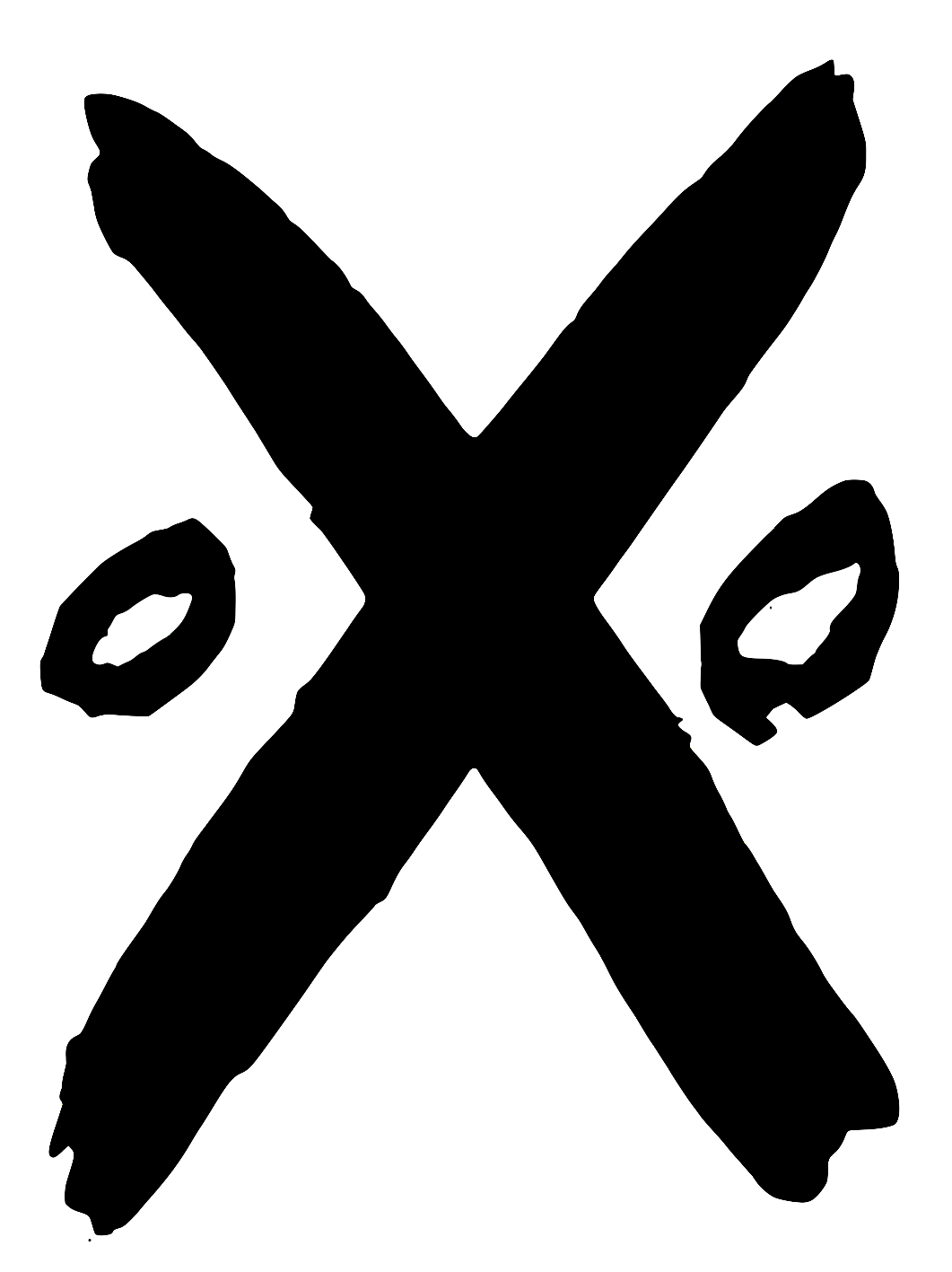Rehearsal / 39. Batool Abu Akleen
Translated from the Arabic by Basma Ghalayini
![]()
Voices of Resistance (Comma Press, 2025) assembles excerpts from diaries by four Gazan women—Batool Abu Akleen, Sondos Sabra, Nahil Mohana and Ala'a Obaid—and documents first-hand accounts of Israeli airstrikes, forced displacement and engineered famine. These atrocities are depicted alongside the everyday defiance of Palestinians: from the neighbour who fashions an ashtray from the shrapnel of an Israeli missile, to the street vendor who donates his last egg for a child’s birthday cake, to the community of displaced people who pool their resources to stage a traditional wedding. Even when displaced, under fire, forced to bury loved ones, or thrown on the mercy of a devastated health system, the writers of these diaries never abandon their humanity, their individuality, or their belief in the future of Gaza. These are not stories of pity; these are stories filled with love, humour, and the beauty of Palestinian people and culture. In the face of genocide, the existence of these diaries, like the very survival of their authors, is an act of resistance.
![]()
Order a copy of Voices of Resistance
via Comma Press direct.
Translated from the Arabic by Basma Ghalayini

Voices of Resistance (Comma Press, 2025) assembles excerpts from diaries by four Gazan women—Batool Abu Akleen, Sondos Sabra, Nahil Mohana and Ala'a Obaid—and documents first-hand accounts of Israeli airstrikes, forced displacement and engineered famine. These atrocities are depicted alongside the everyday defiance of Palestinians: from the neighbour who fashions an ashtray from the shrapnel of an Israeli missile, to the street vendor who donates his last egg for a child’s birthday cake, to the community of displaced people who pool their resources to stage a traditional wedding. Even when displaced, under fire, forced to bury loved ones, or thrown on the mercy of a devastated health system, the writers of these diaries never abandon their humanity, their individuality, or their belief in the future of Gaza. These are not stories of pity; these are stories filled with love, humour, and the beauty of Palestinian people and culture. In the face of genocide, the existence of these diaries, like the very survival of their authors, is an act of resistance.

Order a copy of Voices of Resistance
via Comma Press direct.
Each person’s pain is theirs alone.
‘Town centre,
town centre,
town centre!’
The voices of cart and tuk-tuk drivers ring out in the street. But there are no calls from taxi drivers and no taxis in sight. This change in transportation—the widespread disappearance of taxis—still surprises me, even after more than a year. Before the genocide, I used to choose my ride based on trivial things: this car doesn’t have air conditioning; that driver looks suspicious; this car’s empty and I’m afraid to ride alone; that car’s back seat is full of men and I don’t want to sit next to them. All these options used to pass by in two minutes or less.
These days, I choose between a horse and a tuk-tuk, if I can find a tuk-tuk. Otherwise, I choose between a horse and a donkey. If I’m lucky, I’ll find my ride in ten minutes. If God and all his angels are pleased with, or pity me, I’ll find the impossible: a car.
Today, I’m in a hurry, meaning luck frowns on me and I’m forced to stand for half an hour, cursing and swearing at everything, wishing for the death of the donkeys, the horses, the drivers and the occupation. Alongside these wishes, I wish for the disappearance of this homeland itself—a place that confuses the entire world—so that all of us can go to a place where there is no fatigue or hardship; so that not another human being will be born in a place as sad as this.
Tears well in my eyes as a couple of donkey carts arrive. To preserve my privilege of choice, I choose the slightly faster donkey: driven by a man, not a child.
If something happens, I’ll be able to hold the driver accountable, I think. And then I laugh at myself for believing that law still exists, that someone will protect me if things go wrong.
I climb into the cart and sit cross-legged, in all my elegance, with my hand on my cheek and head lowered, scorched by the midday sun.
The woman sitting next to me asks, ‘Where are you from? You look displaced.’
Like a robot, programmed to answer, I reply, ‘Yes, I’m from Gaza City.’
‘Where in Gaza City?’
‘From Rimal, Auntie. Do you know that street with the post office, the one near the Shawa and Hoasri Tower, that leads to Taj Mall? I used to live there.’
‘Yes, by God,’ she replies. ‘We’re from al-Zaytoun.’
Her words flash through my mind. I remember my grandmother, Safa; our Eid visits to the family home; and the watermelons my cousin Fawzi would spend all day cutting, till the pieces were exactly equal in size.
In the silence that grows between me and my fellow passenger, I drift back to the last days spent in my home, when I would hear the sound of ambulances all day long, speeding like lightning across al-Wahda Street to al-Shifa Medical Complex; when I would watch the reporters in the Shawa and Hosari Tower (home to many press organisations) from the living room window, while my father watched them on TV. I would see them all from that window, and their presence comforted me. But the number of lit windows in the Shawa and Hosari tower diminished day by day, until they all went out and their sound died down. Only Wael al-Dahdouh remained.* I watched him closely, until he too left.
After that, I looked into my mother’s eyes and said, ‘Mum, even Wael is gone. If something happens to us, there’s no one around: no ambulance, no hospital, no communications, not even Wael.
‘Mum, Wael’s left. What are we doing here?’
My memories are interrupted by the woman’s curious voice:
‘Did your house collapse or is it still standing?’
‘They tore the tower apart like a cake,’ I answer. ‘It collapsed on the third day of Ramadan.’
‘May God compensate you with something better. And where are you staying now?’
‘In a tent.’
The conversation doesn’t last much longer, but I’ve become accustomed to this. The unbearable traffic has transformed shared rides into daily funerals, in which each passenger remembers their lost home and martyred loved ones. Everyone talks about their pain casually, nobody cries. I really don’t know what prevents the sadness from appearing on our faces, or what stops our mouths from trembling as they recall all this pain. It’s not because the tragedy of others makes the burden of our own tragedies lighter or less important. Each person’s pain is theirs alone.
*
Haifa Street in al-Baraka area of Deir al-Balah has changed dramatically. The rubble of a bombed-out building that used to block the street has finally been removed. They’d been waiting for a ceasefire to clear the street, but it seems the genocide will never end.
Just north of al-Baraka roundabout, I decide to abandon the cart, running instead to escape the bodies that keep bumping into me, the traffic that threatens to plough over me, the smell of sweat mingled with men’s cologne and the sewage that fills each street. But no matter how fast I run, the sounds are inescapable. Oh God, these sounds are the sign of life here, but they only bring me death.
Vendors fill the pavement. There are stalls everywhere. At the edge of the market, near the roundabout, the prices are highest. But the deeper you go, the cheaper things become. Once more, you’re given the privilege of choice: you either pay more money on the outskirts, or bump into more bodies and risk being trampled by a donkey in the heart of the market.
It scares me how well people adapt. It scares me that people can dress in the morning as if nothing has happened. Women put on makeup and still look their best; men carry briefcases and keep going to work. I look down at the rings on my fingers, wipe the remnants of kohl from my eyes and wonder if I, like them, have adapted.
In fifteen months of genocide, I’ve abandoned all my morals in the same way the world has abandoned us. I’ve become fierce and cruel to suit the jungle that Gaza has become. I used to be the spoiled girl who, whenever anyone spoke rudely to her, would call out to Daddy to solve her problems, or cry in Mama’s lap.
Now I stand, open my mouth wide, and shout: ‘You! The donkey who’s driving the donkey, do you want to cut off my leg today or what? Bugger off.’
Or:
‘Tell him to eat shit and stop talking on behalf of Gaza.’
Or:
‘For fuck’s sake, who does he think he is?’
*
After escaping the crowds, I arrive at a café in Abu Aref: a café I used to visit weekly. I plan to spend the day here, editing a few poems and coaxing out others which are still stuck in my head. It is exactly 10am in the morning. The café is full of citrus, palm and olive trees. No one but me visits the café at such an early hour. I sit on a chair, resting my back.
Silence...
silence...
silence.
Balance returns and I come back to myself. Suddenly, I am overcome by an intense desire to sleep, as if this renewed sense of calm is whispering in my head, ‘It’s OK, it’s OK, just close your eyes.’
* Wael al-Dahdouh is a prominent journalist. Al-Dahdouh’s wife, son, daughter and grandson were killed by an Israeli airstrike on October 25, 2023. Al-Dahdouh was subsequently injured in an Israeli drone strike on a Gazan school on December 15, 2023, during which his colleague (Al Jazeera cameraman Samer Abu Daqqa) was murdered.On January 7, 2024, al-Dahdouh’s surviving son—the journalist Hamza al-Dahdouh—was killed in a targeted Israeli airstrike while reporting.
Order a copy of Voices of Resistance
direct from Comma Press.
Order a copy of Abu Akleen’s debut
collection—48Kg—direct from Tenement.
Batool Abu Akleen is a Palestinian poet and translator from Gaza City. At the age of fifteen, 2020, she won the Barjeel Poetry Prize for her poem ‘I didn’t steal the cloud,’ which was published in the Beirut-based magazine Rusted Radishesthereafter. Abu Akleen’s poetry has been translated into several languages and featured in numerous international publications, including ArabLit and The Massachusetts Review, amongst others. Her poem ‘Gunpowder’ was awarded third place in the 2025 London Magazine poetry prize, and her work was included in the July 2024 issue of Modern Poetry in Translation, ‘Salam to Gaza.’ Abu Akleen was Modern Poetry in Translation’s 2024 ‘Poet / Translator in Residence.’ Her poetry has appeared in editors Mohammed Al-Zaqzooq and Mahmoud Alshaer’s anthology, Letters from Gaza (Penguin, 2025) and—alongside Nahil Mohan, Sondos Sabra and Ala’a Obaid—she is one of the four Gazan authors included in editors Caryl Churchill and Gillian Slovo’s Voices of Resistance (Comma Press, 2025).
Basma Ghalayini is a translator, born in Khan Younis and raised in Gaza City, whose previous translations have been published by Commonwealth Writers, Deep Vellum and Comma Press (Banthology, The Book of Cairo, The Book of Ramallah and others). She is the editor of Palestine + 100: Stories from a Century After the Nakba (Comma Press, 2019). She currently lives in Manchester.


